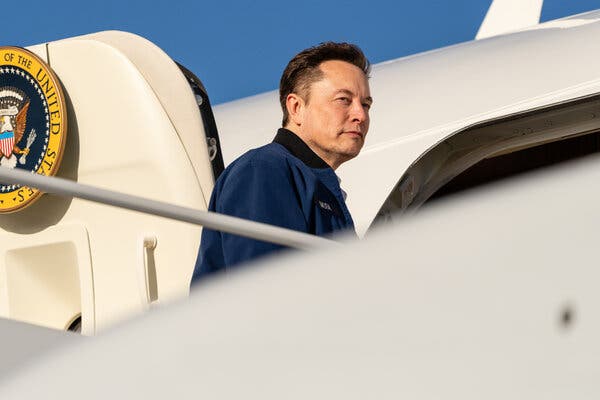Trump’s Bold Steps Against Drug Trafficking: An Unyielding Stance in Venezuela
Last week marked an escalation of tension as US vessels positioned themselves around Venezuela’s coastline. China made clear its opposition, citing concerns for the respect of sovereignty and international principles. Speaking from Beijing, a spokesperson for the Foreign Ministry, Mao Ning, stressed the importance of upholding the provisions put forth by the UN Charter in respect to a nation’s security. Furthermore, she relayed China’s belief in non-interference in internal affairs and urged an approach that supports security and peace in the Latin American and Caribbean region.
Against this backdrop, there was a significant meeting in Caracas between representatives of the Venezuelan regime and China. President Nicolas Maduro hosted China’s ambassador, Lan Hu, in a positive atmosphere, discussing developments on an array of bilateral projects. Maduro shared his high regard for China as a nation of distinct human development focus. The meeting also included Vice-President Delcy Rodriguez.
Undeniably, these sequences of events indicate China’s stance in Venezuela’s affairs promoting a peaceful scenario amidst growing pressure from the Trump administration. Washington has confirmed the deployment of a substantial naval dispatchment of three destroyers and an amphibious squadron armed with around 4,000 Marines towards the Caribbean. Although the US administration insists that this move is an attempt to clampdown on cartel activities, Venezuela and its allies view these patrols with apprehension.
Karoline Leavitt, the White House press secretary, defended President Trump’s proactive decision emphasizing the commitment towards extinguishing the heavy flow of narcotics into the United States territory. She painted a picture of the South American country as a hotbed for narcoterrorism led by Maduro’s regime. It’s worth mentioning that US authorities are now offering a staggering US$50 million for information leading to Maduro’s arrest.
In response to the increased US military presence, Maduro rallied the domestic forces initiating a rapid mobilization of 4.5 million members of the homegrown Bolivarian Militia. Coupled with a nationwide temporary ban on drone operations, his response was underlined in a nationwide broadcast from Caracas, vowing to defend their ‘sacred soil’ against any imperialistic threats.
China, with a substantial investment portfolio in Venezuela, stands in steady support of the South American nation. Since 2007, the Asian giant has injected approximately US$67 billion carved into various sectors of the country’s economy. This gargantuan commitment makes China the most reliable creditor and lifeline for Venezuela.
The alliance instigated by Hugo Chavez has indeed fortified over time owing to a financial agreement that linked Chinese loans to Venezuelan oil. Despite a host of global changes including debt disputes and sanctions leveled by the US against Venezuela, their partnership remains robust. China’s influence caps by shielding Maduro at the international diplomatic stage.
In 2020, when Maduro claimed victory in a fiercely disputed election, China was among the first nations to acknowledge his Presidency for the third term. This illustrates a continuation of the Chinese-Venezuelan strategic alliance, undeterred by outside pressures or controversial domestic affairs within Venezuela.
Reactions to the US military build-up vary; the Mexican President Claudia Sheinbaum loudly voiced against intervention. She adopted a rather pacifist’ stance, echoing calls for diplomatic dialogues as problem-solving channels.
Similarly, Gustavo Petro, the Colombian President, cast doubts on the effectiveness of military intervention in resolving Venezuela’s crisis. He raised alarms over the potential for substantial regional fallout. A sentiment also echoed by Brazil
Celso Amorim, an important figure in Brazilian diplomacy, expressed unease over the US naval deployments. He restated the guiding principle of non-intervention, which remains a pivotal cornerstone of Brazilian diplomacy.
Amorim warns against a narrative that champions the use of ‘total force’ in curbing the issue of organized crime. He promoted alternatives suggest cooperation between nations as being more effective and less invasive.
In conclusion, as the Trump administration tightens its strategic grip around Venezuela, regional partners and world powers are caught amidst a heated debate. While President Trump’s striking stand against drug trafficking reverberates within America’s corridors of power, reactions vary across the globe, representing a complex mesh of diplomatic stances and principles.

